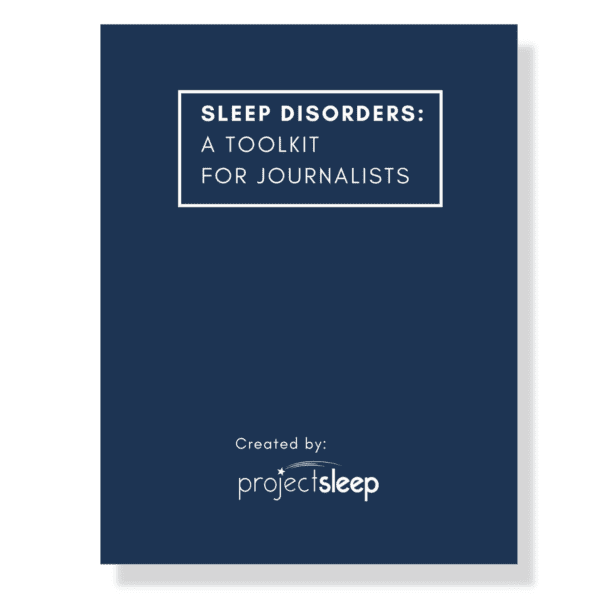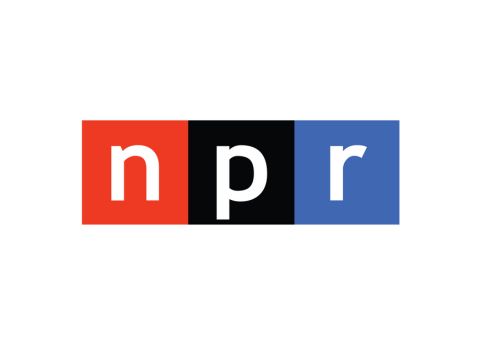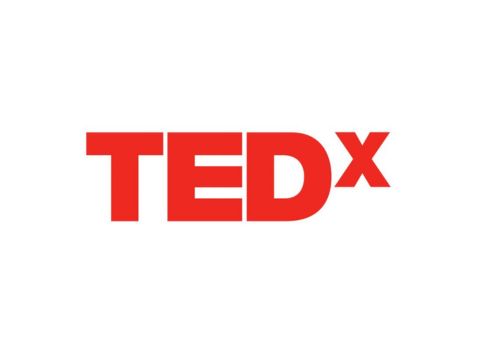Journalists and communications professionals are important allies in Project Sleep’s mission to raise awareness about sleep health, sleep equity, and sleep disorders. Media professionals are well-positioned to cover sleep in the news in ways that resonate with audiences, convey accurate information, and empower individuals to take action to improve their sleep.
Sleep Media Center
Media Reference Guide
Project Sleep’s Sleep Disorders: A Toolkit for Journalists is a new style guide to help media professionals accurately cover sleep health and sleep disorders in the news. The toolkit includes:
- Statistics and fact sheets
- Language and image suggestions
- Example stories
- Actionable next steps & key talking points

How Journalists Cover Sleep Matters
General sleep health tips are fantastic but it’s important to also educate audiences that if they are prioritizing sleep and still having trouble sleeping at night or staying awake during the day, they could have a sleep disorder and need to consult a doctor specializing in sleep medicine.
Did You Know?
Responsible Coverage of Sleep Health Includes Sleep Disorders
Millions of Americans with undiagnosed sleep conditions are facing these conditions alone, thinking their challenges are something they should be able to control, a sign of laziness, or a character flaw. Unfortunately, reading sleep health tips alone without mention of sleep disorders leaves these individuals feeling like they are failing, without next steps for diagnosis or treatment. This is why responsible journalism about sleep health must include sleep disorders.
Helpful Information For Journalists
What are Sleep Disorders?
An estimated 70 million Americans chronically live with sleep or circadian-related conditions, yet the majority are without diagnosis or proper treatment and care. Untreated sleep disorders can be linked to an increased risk for accidents, anxiety, memory issues, obesity, high blood pressure, heart disease, diabetes, depression, and strokes.
Sleep and circadian-related disorders are often invisible and may be hard to detect. Sleepiness may manifest as issues with behavior, mood regulation, memory, concentration, or sustained attention.
Sleep Disorders Talking Points
Here are some key talking points to consider as you plan coverage about sleep and sleep disorders:
- Sleep disorders are real and cannot be mitigated by healthy sleep habits.
- Sleepiness is often hard to see, often manifesting as issues with behavior, mood regulation, memory, concentration, or sustained attention.
- If you think you or a loved one could have a sleep disorder, it’s important to consult a board-certified sleep specialist.
- The majority of people living with sleep disorders are undiagnosed and unaware of available treatment options.
- Treatments are available for many sleep disorders and can improve or resolve symptoms allowing people to regain quality of life.
- You are not alone living with a sleep disorder! Community, education, support, and resources are available through organizations like Project Sleep.
- Not all sleep issues are within personal control. Systems-level factors such as school start times, shift work, health care, housing, living wages, and other social and economic barriers create sleep inequities that impact many people’s abilities to access a good night’s sleep, and disproportionately affect people in minoritized communities.
Key Next Steps for Audiences
Here are actionable next steps for your audience to take if they think they or a loved one could have a sleep disorder. Because many primary care clinicians are unfamiliar with sleep disorders, we recommend individuals connect with the Sleep Helpline, take the Sleep Disorders Screener and consult a board-certified sleep medicine physician.
- Connect with the Sleep Helpline™
Project Sleep’s Sleep Helpline is a free national helpline providing individualized support to people facing sleep issues and sleep disorders. Whether uncertain about a potential sleep problem, diagnosed with a sleep disorder, or acting as a caregiver or healthcare provider, Resource Specialists offer trusted information and connections to certified sleep centers and support organizations. Contact the Sleep Helpline. - Take the Online Sleep Disorders Screener
The Sleep Disorders Symptom Checklist-25 (SDSCL-25) is an important new self-assessment tool to help individuals identify signs and symptoms of 13 major sleep disorders. This is a decision support tool and not a substitute for professional medical advice, diagnosis, or treatment, but can be a helpful resource to people searching for answers around their sleep. The online survey takes 3-5 minutes to complete and can be found at: sleephealthscreen.com - Consult a Board-Certified Sleep Specialist
While most people’s journey to a sleep disorder diagnosis will likely begin with their primary care doctor, it’s important to consult with a board-certified sleep specialist. The American Academy of Sleep Medicine sets standards and promotes excellence in sleep medicine, health care, education, and research. The AASM recognizes accredited doctors and sleep centers. For more information visit: aasm.org
News topics with sleep disorder tie-ins:
- Fatigue v. sleepiness
- Burnout, work productivity, gig culture, shift work
- Ignored and overlooked women’s health issues
- Mental health concerns
- Health equity and health disparities
- Invisible illnesses, hidden disabilities
- Stimulant shortage, insurance coverage for medications and access issues
Annual Sleep Awareness Days Calendar
Sleep is important every day, but here are some official days to highlight sleep and sleep disorders. Dates may vary year-to-year, these are estimated dates.
- Rare Disease Day: Annually on February 28 (or 29th in leap years)
- National Sleep Awareness Month: March
- Suddenly Sleepy Saturday: March 8, 2025
- National Sleep Foundation’s National Sleep Awareness Week: March 9-15, 2025
- National Napping Day: March 10, 2025
- World Sleep Day: March 14, 2025
- Sleep Apnea Awareness Week: April 18-26, 2025
- Biological Clock Day: Annually on April 28
- World Day for Safety and Health at Work: Annually on April 28
- Mental Health Awareness Month: May
- Sleep Apnea Awareness Day (Australia): Annually on May 5
- Idiopathic Hypersomnia Day: Annually on the first Saturday of June
- Insomnia Awareness Night: Annually on June 21
- Chronic Disease Day: Annually on July 10
- Circadian Awareness Day: Annually on July 24
- Student Sleep Health Week: September 2025
- World Narcolepsy Day: Annually on September 22
- Restless Legs Syndrome (RLS) Awareness Day: Annually on September 23
- National Disability Employment Awareness Month (NDEAM): October
- World Mental Health Day: Annually on October 10
- Invisible Disabilities Week: October 19-25, 2025
- Drowsy Driving Prevention Week: November 2-8, 2025
- Non 24 Awareness Day (Non-24-Hour Sleep-Wake Disorder): Annually on November 24
- International Day of People with Disability: Annually on December 3

Check out our Guide for Journalists
Sleep Disorders: A Toolkit for Journalists is a new resource provided by Project Sleep to help media and communications professionals accurately cover sleep health and sleep disorders in the news. This style guide includes:
- Language suggestions
- Image suggestions
- Sleep disorder fact sheets
- Example patient stories
- Actionable next steps for your audience
Other Resources
We publish many resources each month, including articles, blogs, podcasts and more, covering sleep health, sleep equity, and sleep disorders from various angles including storytelling and expert interviews.
Videos
If you are a member of the working press and need a video, please reach out to us and we will make every effort to respond as soon as possible.
How We Can Help
Project Sleep is a 501(c)(3) non-profit dedicated to raising awareness about sleep health, sleep equity, and sleep disorders. As a national leader in sleep advocacy and awareness, Project Sleep recognizes the media as one of our greatest allies in educating people about sleep and sleep disorders. We regularly work with journalists and media professionals to tell stories that accurately reflect real-life experiences to resonate with audiences. Project Sleep can provide background information for stories and sources of people living with sleep disorders, sleep researchers, and medical professionals.
If you are a journalist with a media inquiry, please contact Project Sleep’s media team at: [email protected]
Get Support
Project Sleep’s Sleep Helpline™ is a free national helpline providing personalized support and resources for people facing sleep issues and sleep disorders. Reach out to speak one-to-one with a Resource Specialist, available Monday to Friday 9 a.m. – 4 p.m. (Eastern Time). Leave a message 24/7 and we’ll get back to you on the next business day.






